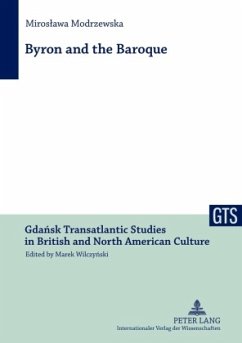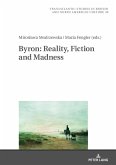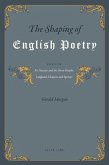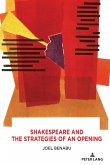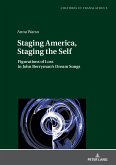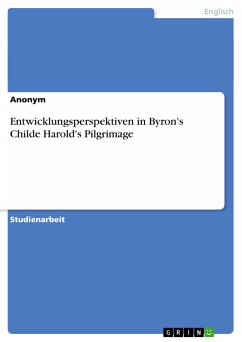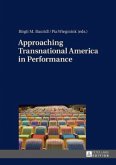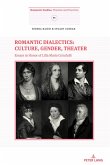Byron's mannerist digressive style and his 'theatricality' are a method of literary and cultural discourse based on the concepts of irony, paradox and reflectivity that were practised in seventeenth-century literature and culture. This results in the discursive split in the poetic language, which prefers to speak about the heavenly and the divine by reference to deformity and monstrosity. It is marked in a Romantic manner by the presence of the lyrical persona with a deep consciousness of previous literary texts based on the philosophy of this type of discourse, in which voices are echoed against each other. If we accept the Baroque, and seventeenth-century literature and culture, as sources of Byron's literary dialogue with cultural tradition, we may cease to perceive the writer as an author suspended between two mutually exclusive interpretational systems, either as the liberal satirist or as the grandiose gothic seducer.
Bitte wählen Sie Ihr Anliegen aus.
Rechnungen
Retourenschein anfordern
Bestellstatus
Storno

